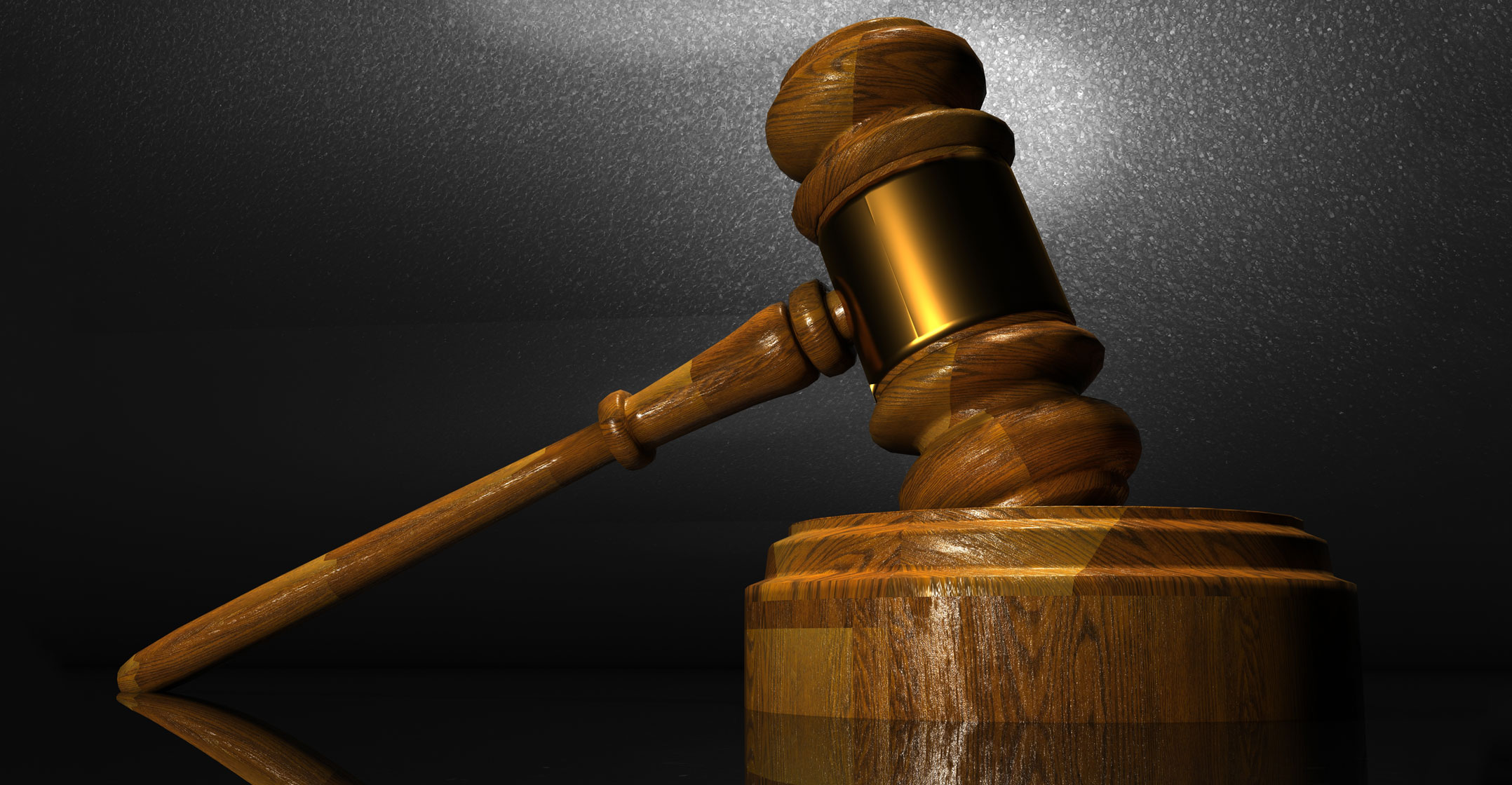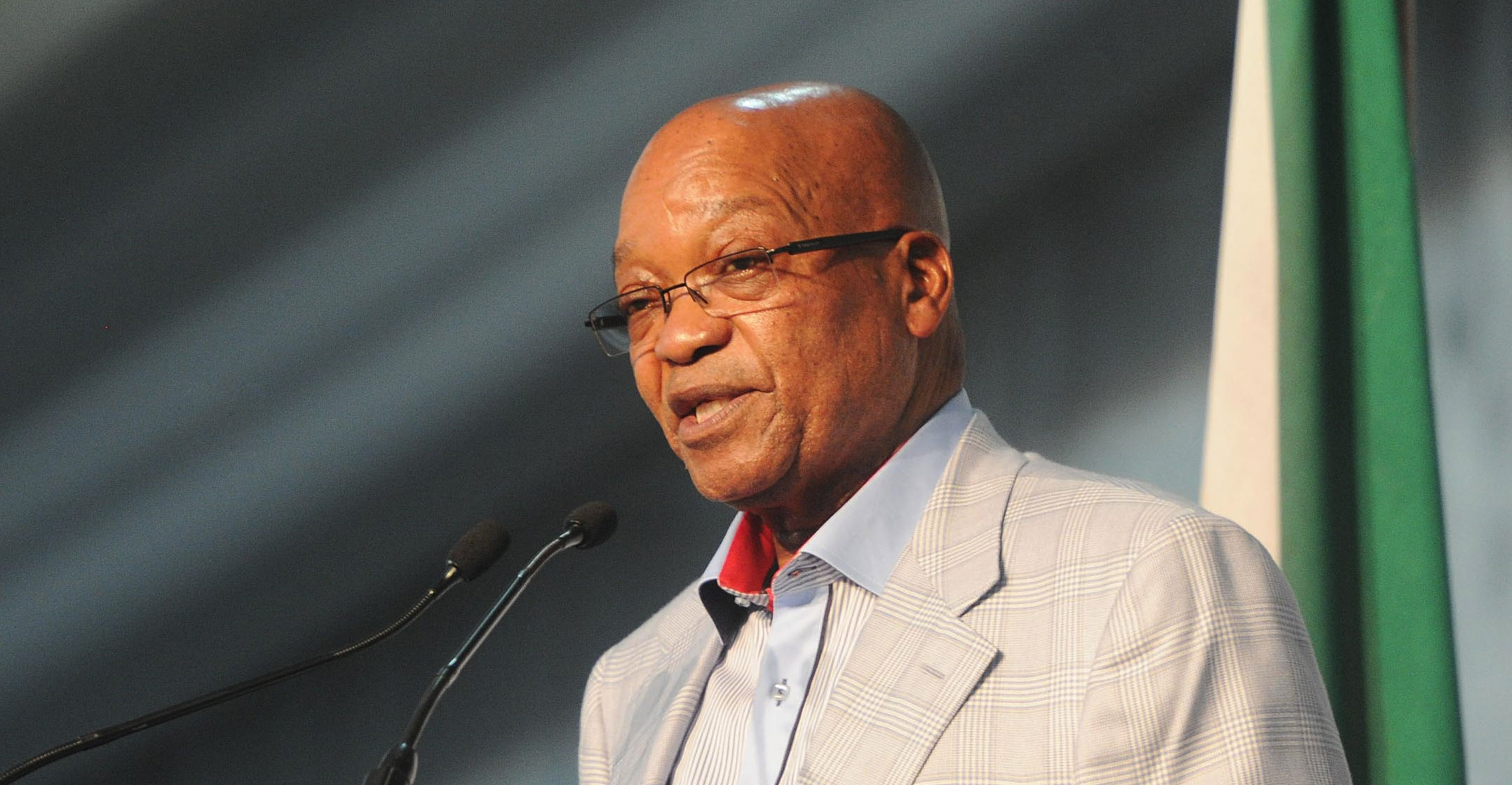
[dropcap]S[/dropcap]outh Africa’s top court ruled that the speaker of parliament can decide to allow a secret vote on a no-confidence motion in President Jacob Zuma but isn’t required to do so.
The judgment leaves the issue in the hands of parliamentary speaker Baleka Mbete, who’s a top member of Zuma’s ruling ANC. Mbete previously said she didn’t have the power to order a secret ballot.
The ANC has told its lawmakers, who have a 62% majority in the national assembly, to vote against the motion brought by opposition parties.
“The speaker of the national assembly has the power to prescribe that the voting of a motion of confidence in president of the Republic of South Africa be conducted by a secret ballot,” chief justice Mogoeng Mogoeng said in a unanimous ruling handed down on Thursday in Johannesburg. The constitution “neither prohibits, nor prescribes an open ballot”.
The opposition filed the no-confidence motion in Zuma, 75, in April after his decision to fire Pravin Gordhan as finance minister prompted S&P Global Ratings and Fitch Ratings to cut the nation’s credit rating to junk. The United Democratic Movement petitioned the constitutional court after Mbete rejected its argument that since parliament chooses the president by secret ballot, it should be able to use it to remove him.

Zuma, who’s been implicated in a series of scandals since taking office in 2009, is due to step down as ANC leader in December and as president in 2019. While there’s mounting disgruntlement over his leadership within the party, he’s defeated several previous attempts to oust him.
Parliament hasn’t yet set a date to debate the latest no-confidence motion or decide whether it the vote will kept secret.
Party orders
The ANC’s secretary-general, Gwede Mantashe, and chief whip in parliament, Jackson Mthembu, have said that legislators must vote according to the wishes of the party that elected them rather than the constituents they represent, irrespective of whether there is a secret ballot. Under South Africa’s electoral system, lawmakers are chosen by their party rather than directly by voters.
“I think it is an appropriate judgment given that our democracy is based on a separation of powers,” said Bonita Meyersfeld, a law professor who heads the University of the Witwatersrand’s Centre for Applied Legal Studies. “What the court has said is that the speaker has the choice and must make it.”
Lawmakers swore allegiance to the constitution and not their parties, and should exercise their powers accordingly, Mogoeng said. While lawmakers did risk being censured by their parties if they followed their conscience, the electorate was entitled to know how lawmakers vote, he said. — Reported by Amogelang Mbatha and Mike Cohen, (c) 2017 Bloomberg LP




